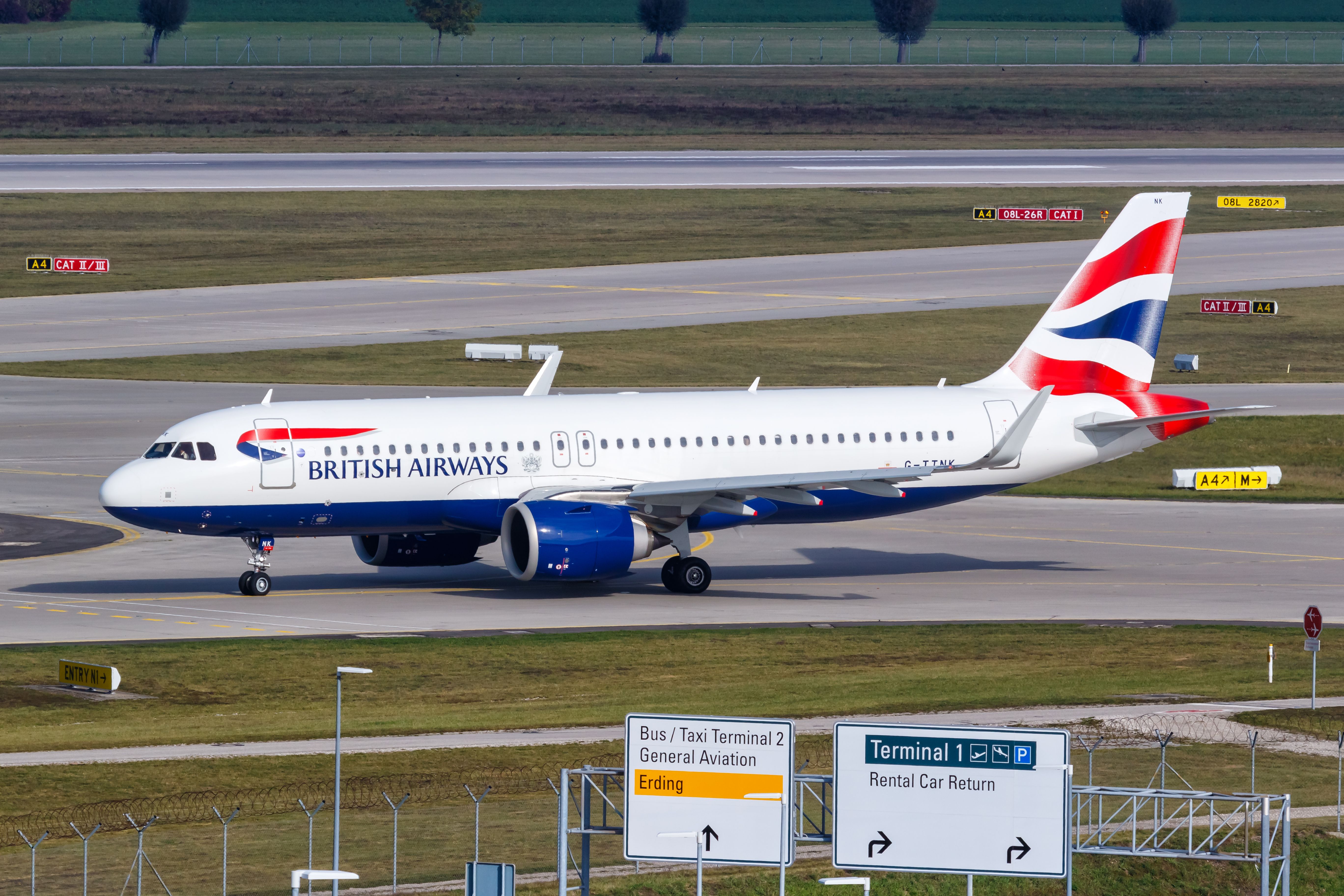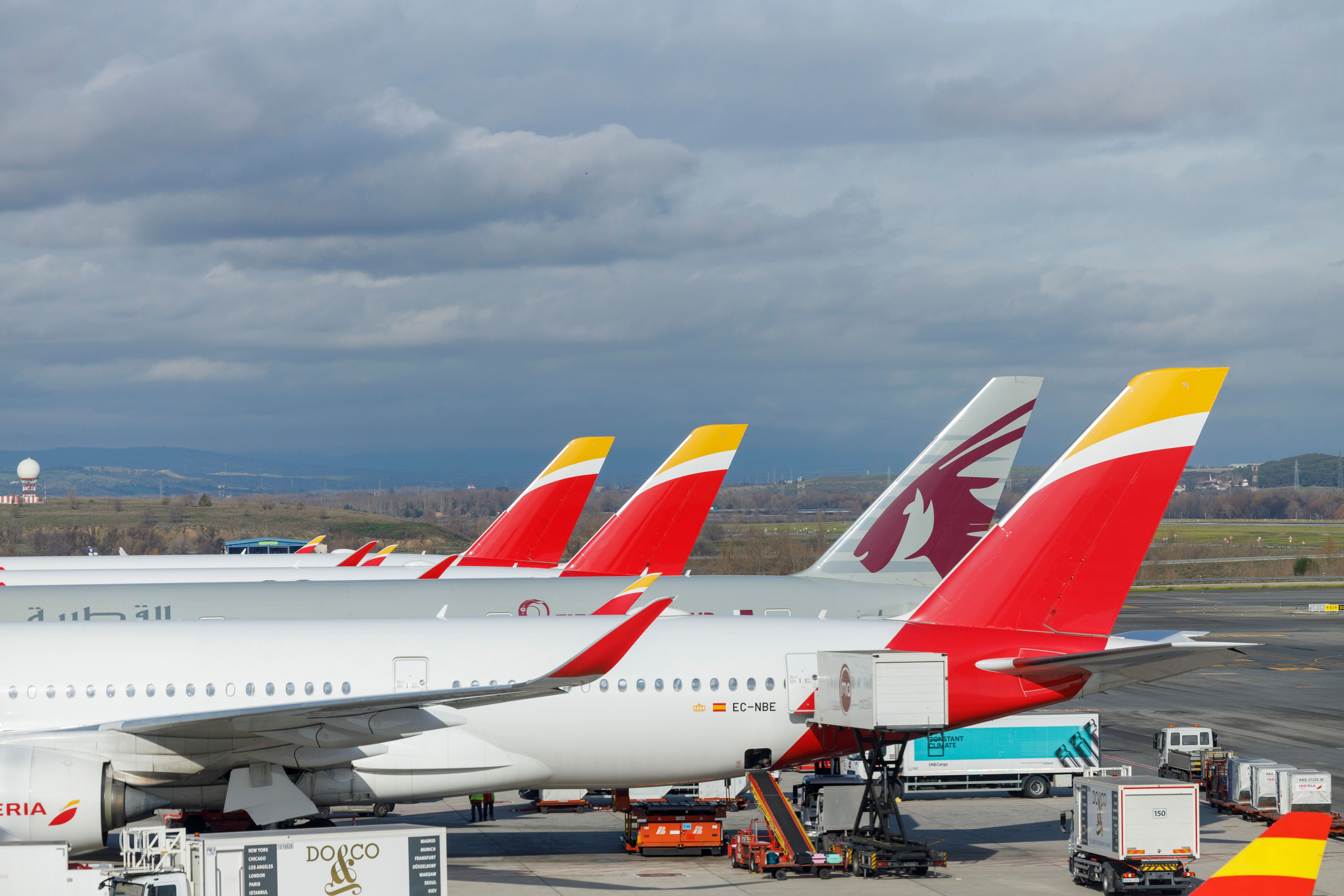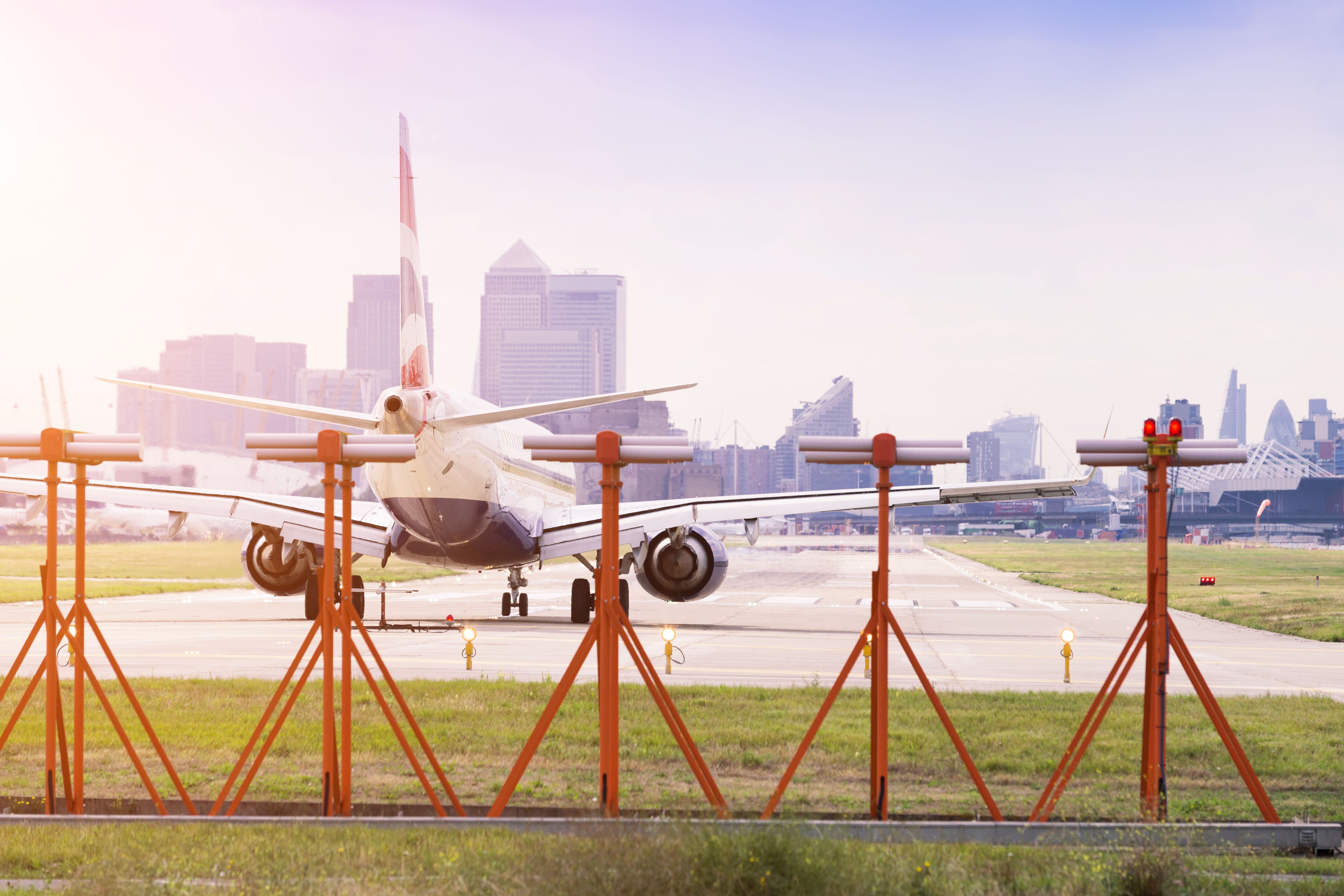As the proud owner of Avios, IAG Loyalty engages with over 40 million currency collectors and over 125 partners. There have been plenty of twists and turns in the loyalty market during the company's three-decade history. Still, the industry remains an integral part of the travel ecosystem.
Renewed attention
IAG Loyalty CEO Adam Daniels feels the pandemic has shone a new light on the loyalty businesses. While there was limited flying during the initial downturn, customers wanted to remain engaged with the organization.
Notably, passengers wanted to understand what was happening to their status. They also wanted to keep collecting the currency. IAG Loyalty noticed that people kept collecting with their credit cards as they went on grocery shopping or visited other retail outlets. As a result, average balances actually increased during the pandemic as people kept engaging with the currency.
Daniels highlights:
“It proved something that we in the loyalty business have been talking about for quite some time, which is that this is a really robust business model. We have been through stress, but we still made a profit in every quarter in 2019, 2020, and 2021. Many other loyalty businesses did the same.”
The consistent currency-building ended up being a saving grace for airlines during their long-term groundings. We saw several carriers rely upon funds from their loyalty programs while they lost millions of dollars each day from flight suspensions.
As Daniels puts it:
“What you saw, in particular, was Delta, United, and American raising billions of dollars on the back of the loyalty business. Once and for all, loyalty businesses are a pretty integral part of airlines and airline networks. However, it’s not just airlines - hotels and other businesses, too. So, I think many people wonder whether loyalty businesses are really as profitable or as valuable as we've been saying. The debt raised by the airlines proves that they are.”
Get the latest aviation news straight to your inbox: Sign up for our newsletters today.
Shifting trends
Since the downturn, customers have increasingly returned at significant rates. Subsequently, IAG Loyalty has noticed customers wanting to collect and redeem more. This chapter has seen the airline announce a series of new initiatives, including Qatar Airways using Avios as the currency for its Privilege Club frequent flyer program, shifting away from Qmiles.
The deal with Qatar Airways is pioneering. Daniels emphasizes it’s an agreement that hadn’t been seen in the loyalty infrastructure environment - the idea of one airline adopting a currency shared with another carrier. The move allows customers to move points between the two airlines, enabling customers to link accounts between the Qatar Airways Privilege Club and British Airways Executive Club.
IAG Loyalty is pleased with what it has seen so far, with hundreds of thousands of customers linking their accounts and redeeming on each other’s accounts. Daniels notes that the figure has tripled from what it was before the relationship started.
Altogether, the goal for IAG Loyalty is to make it as easy as possible for customers to collect and redeem. This motive has been influential in how communities have adapted during the cost of living crisis as they’ve been redeeming points from their trips on everyday goods.
Daniels shares that his company has signed more partners in the last few years than in the previous decade. A key reason for this is that the firm can clearly demonstrate that current and future customers will spend more with them.
“For instance, the deal with Nectar is slightly different from other deals because it's two-way. We saw people move in terms of their supermarkets, and we saw people spend more. We also saw customers reactivate and engage with their currency.
Get all the latest aviation news right here on Simple Flying.
Looking ahead
This converging approach is a priority in this next chapter, especially with the likes of British Airways and Iberia replacing distance-based earning with a spend-based system. From travel to retail, we can expect plenty of spending and redeeming opportunities across several retail touchpoints this decade.
What are your thoughts about the benefits of loyalty programs? What do you make of the overall approach? Let us know what you think in the comment section.



